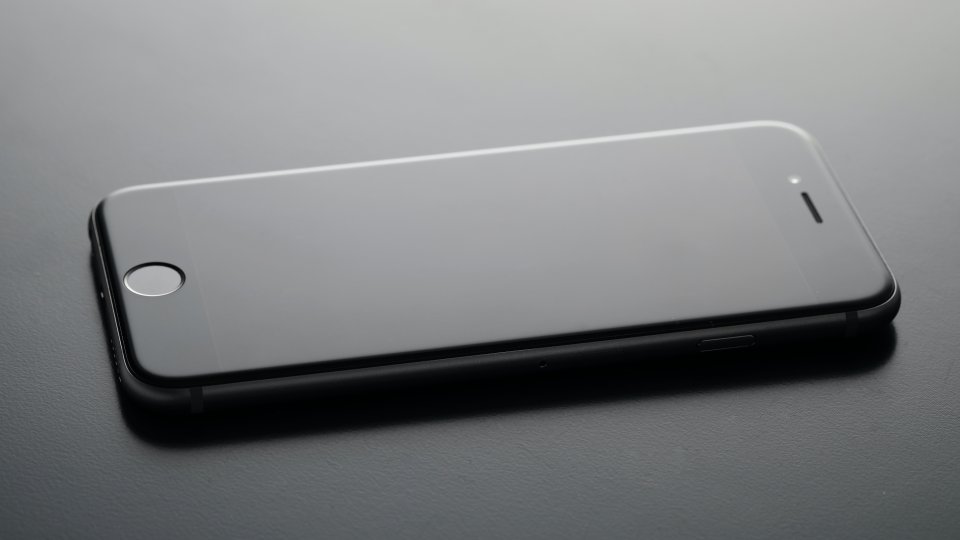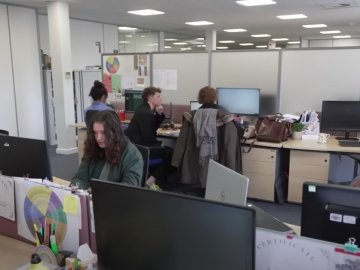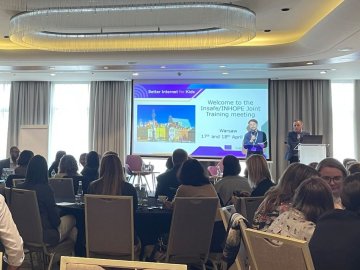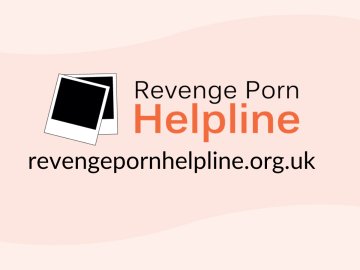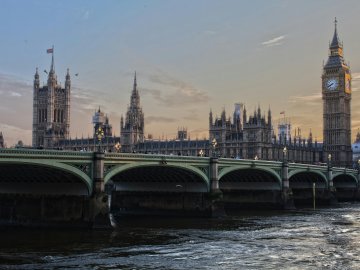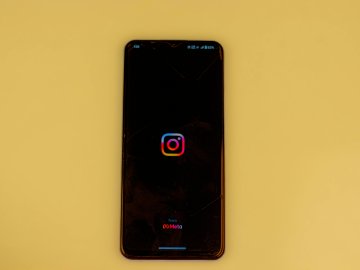It has been announced that the Government is set to criminalise ‘downblousing’ as well as the sharing of pornographic deepfakes without consent. The proposed changes state that those who share explicit images or videos that have been manipulated to look like someone else without their consent (deepfakes) could be jailed. As well, this includes downblousing (photos that are taken down a woman’s top) as well as new laws brought forward by the Ministry of Justice to address the installation of equipment to take photos or videos of someone without their consent.
In response to this, Sophie Mortimer of the Revenge Porn Helpline at SWGfL said:
“We welcome the Government’s plan to criminalise ‘downblousing’ and the sharing of pornographic deepfakes. This new initiative shows clearly why this type of abuse is not acceptable and why appropriate action needed to be taken.
On the helpline alone we saw 4,406 cases of intimate image abuse in 2021, a rise of 40% from the previous year and predominantly from women.’’
‘’When these new laws are in place, people who come to the Revenge Porn Helpline can now feel protected in knowing that actions will now have serious consequences for those who perpetrate this harmful form of abuse.’’
Law Commission
The Law Commission brought forward these recommendations earlier this year. Professor Penney Lewis, of the Law Commission, said:
“Taking or sharing intimate images of a person without their consent can inflict lasting damage. We are pleased that the Government will take forward our recommendations to strengthen the law.
“A new set of offences will capture a wider range of abusive behaviours, ensuring that more perpetrators of these deeply harmful acts face prosecution.”
The Revenge Porn Helpline stands for those victims of non-consensual intimate image abuse and if you are experiencing any of the issues raised visit www.revenpornhelpline.org.uk or call 0345 6000 459

